To view past issues of the Student Resources, please
visit our archives.
|

A Note From The Editor
by Jasmine Lake, OTD-S
A Fresh Start
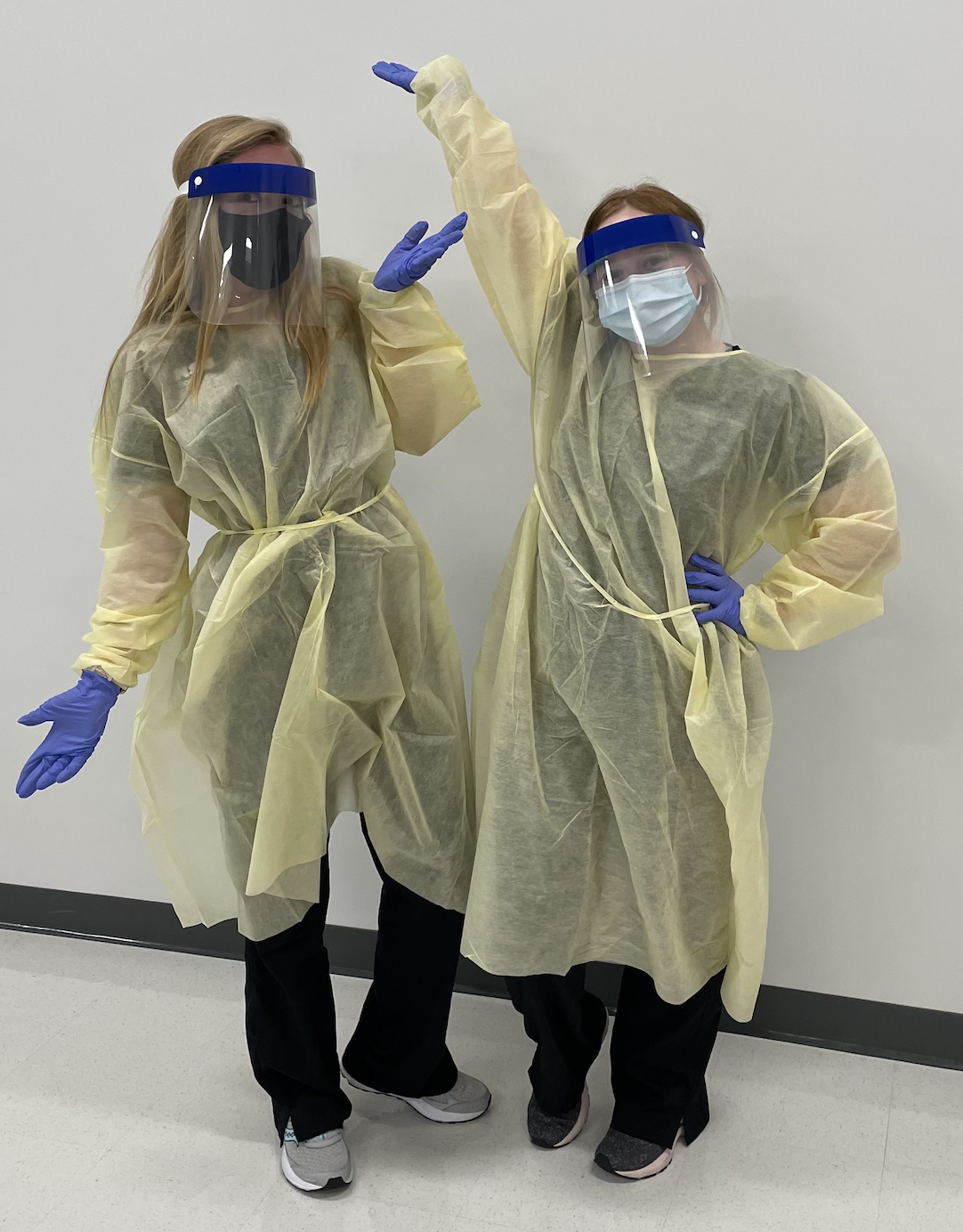
Hello, FOTA Student Members! As we are heading into our Summer semester, some students are heading into fieldwork, while other students may be beginning their academic journey as an occupational therapy student for the first time. So, for this issue, we have decided to focus this issue of The Hub on advice for the incoming classes and future occupational therapy students! If you are a new student, I would like to say welcome! If you are feeling stressed or overwhelmed, just know that we have all been in your shoes, but you will make it. You have chosen an amazing career! My advice to you would be to start learning more about your strengths and weaknesses, your learning style, and reach out to other classmates or professors if you need help. Also, it is just as important to maintain occupational balance! Don't forget to take care of yourself. Lastly, create an OT "toolbox". This could be a file on your computer or a physical binder. I recommend placing lectures, assessments, interventions, and other information that you can look back on. My toolbox has been a lifesaver so far!
For the students going on fieldwork, I hope you have an amazing experience. I will also be starting my level II fieldwork experience this Summer. Please scroll down for additional advice from my fellow classmates! Good luck everyone!
If you would like to contribute to the page or would like any advice regarding occupational therapy school, please email me at [email protected]. I look forward to hearing from you!
Best regards,
Jasmine Lake, OTD-S
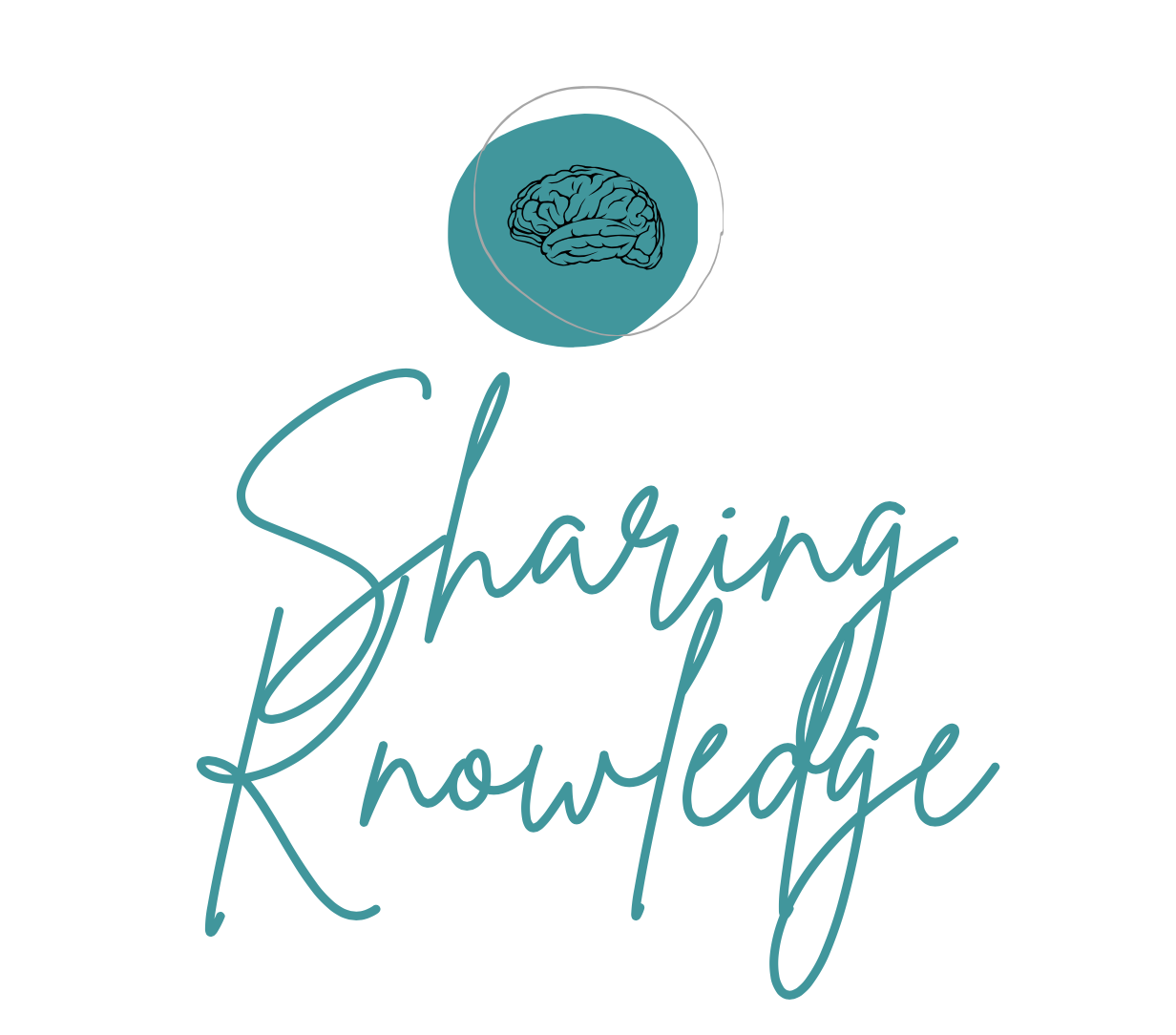 Advice for the Incoming and Future Occupational Therapy Students Advice for the Incoming and Future Occupational Therapy StudentsAdvice by By: Steven Dinnen, OTD-S
The advice I would give to first-year students is this is your degree and your learning experience. Do not let other’s expectations and the stress of school deter you from knowing the optimal way to study and learn the material you are covering. For example, if you like videos and are an audio learner, do not stop watching videos because you have chapters to read in a textbook. Instead, be flexible and adjust your routine so that it allows you to read the textbook and watch the videos.This may require you to work on your time-management skills and create the learning environment that works best for you. For example, if you know you learn best in a quiet environment, adjust your routine to have that quiet place to go to. Overall, it is all about believing in yourself and remembering that this is your learning experience. It can be as unique as you are.
Advice by Daisy Alvarado, OTD-S:
Any career requires a specific level of investment to be successful. When it comes to entering OT school, you are about to make one of the greatest investments of money, time, and energy in pursuit of a fulfilling career that you hope will positively impact your life and that of your clients. My advice to those in the incoming cohorts is to view these next few years as an investment that will generate value in the future – a good grade, knowledge, a fulfilling career, the ability to help a client, and countless more.
When it comes to money, there is no doubt that OT school comes with a significant price tag and upfront financial investments often with loans. On top of loans, there is an investment in the supplies you will need for your specific program. It is important to invest money wisely. I say this with caution. Spend money responsibly but do not allow it to hinder your learning experience. Some money matters make sense, such as renting a book for a lower price than buying or splitting costs with classmates for items you can share. Money spent on memberships to organizations (such as FOTA or AOTA), equipment for personal practice in class/fieldwork, workshops, or a book in your topic of interest is valuable. Consider these investments in knowledge, in your ability to help a client in the future, and in building the career you want. 
Time is also a significant investment in OT school. You will not only dedicate time to attending classes and completing assignments but also to studying content, practicing skills, and engaging with the OT community. Here is when it is important to learn how to use the time to your advantage. Find the time of day that works best for you. Avoid wasting time on distractions and wasting time re-focusing after getting distracted. There are only 24 hours in a day and it can be easy to fill up the hours with other commitments and leave the remaining hours to “becoming an OT.” The key is you will not only be an OT in class or the clinic or the hospital. You will be an OT 24 hours a day; use those hours to practice your skills and gain an occupational perspective. Analyze the skills you and others use in your daily tasks at work, observe the roles and routines others fill in your community, or brainstorm intervention ideas as you walk down the store aisles. Practice what you learn!
The third major investment you will make in OT school is energy. You will get tired! First, when energy is lacking, take some time to recharge and meet your needs. Second, find something that makes you excited about being an OT and use it to fuel your energy. In the few years of OT school, there is no wasted energy. Every assignment, exam, quiz, lecture, etc. serves a purpose even when we do not see it at the moment. Every member of each cohort has different ideas and areas that energize them, and we each bring energy to different areas of the profession. OT school is your opportunity to explore the field, grow, and find yourself. Use this opportunity and the possibility of what could be as energy to fuel the next few years.
Advice by Deborah Kofsky, OTD-S:
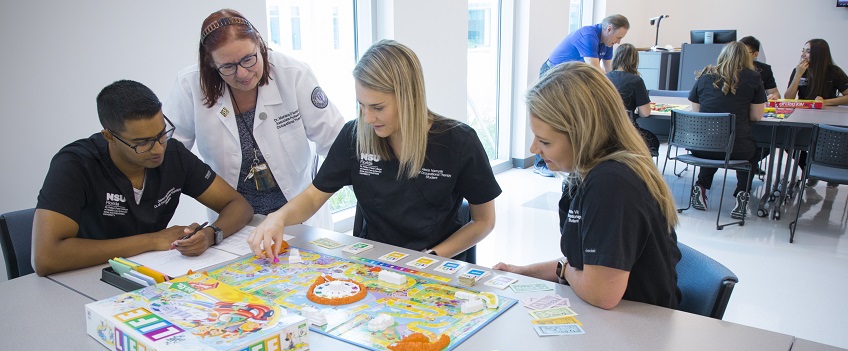
Congratulations, you have made it! Trust the process. Your cohort is your team, the faculty are your coaches, and the best way forward is together. A community of learning is fostered through the open sharing of knowledge; there is no need to compete with your classmates. Seek support from each other as well as from students at later stages of your program. Remember that the content you are learning now is the foundation for your life’s work, so take it seriously and take your time. You are learning a new language, and it will take time and countless hours of practice to become fluent. You are not expected to have all the answers, you are here to learn. While you may use grades as one measure of your learning in subjects, grades are not the point. The reason you are here is to become an effective occupational therapist. Some classes may spark your interest more than others, but each of them builds the foundation for you to become a well-rounded clinician. Seize every opportunity to learn and welcome constructive feedback from your professors – they are there to guide your success. Finally, do not forget to allow yourself time for all your meaningful occupations during this journey!
Advice by Leah Knight, OTD-S:
One thing I wish I would have known when starting OT school is what “occupational balance” is and how important it is. Occupational balance is pretty much what it sounds like - balancing all the things that you need to do or want to do, especially the ones that are most meaningful to you. Now this is easier said than done… Between assignments, readings, quizzes, lectures, laundry, grocery shopping, cleaning, having some sort of a social life, sleeping occasionally… the list goes on and on; life can get pretty crazy. That’s okay. It’s normal - welcome to grad school! What is most important is understanding that you don’t have to have it all together all the time. You just need to learn how to find the right balance. 
Newsflash - all your professors care about is that you are trying your best. They’ve been in your shoes. They know that on some days, your best is being 100% prepared for class with all the readings done, lectures watched, and notes ready to go. But other days, your best might be 75% or 50% or even 20%, and that's OKAY! Some days you might need to prioritize going for a run over reading an article or spending time meal prepping listening to your favorite songs instead of listening to your lectures. The key to surviving grad school is learning to look at your “need to do’s” and “want to do’s” and deciding what you can handle in that moment - finding that occupational balance. Learning how to do this will help keep you from burning out and keep you on track to becoming the best OT you can be. It seems overwhelming now, but I promise you will figure it out. You’re a future OT, helping people achieve occupational balance is what we do!
Best of luck! I can’t wait to see how you’ll succeed!
Your FOTA Membership dollars are at work! The FOTA board is pleased to announce a partnership with AOTA to enable your state association to offer a scholarship to an OT student. Monies from a long-held, but small scholarship fund in the name of Myra McDaniels were given to the AOTF to manage. AOTF reported this month that over 1,000 students began the process and over two hundred students submitted their applications. The Scholarship Selection Committee reviews applications on a yearly basis. Your Association Board and future
recipients of this scholarship thank you for your membership! For more information visit:
About Student Resources:
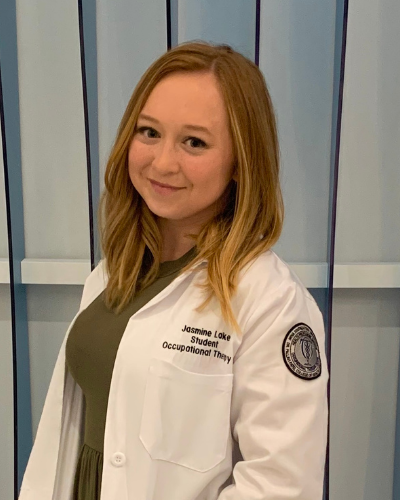 Jasmine Lake, OT/S, Student Resource Editor Jasmine Lake, OT/S, Student Resource Editor
My name is Jasmine Lake and I am a second year Doctor of Occupational Therapy student at Nova Southeastern University! I graduated from the University of Florida with a bachelor’s degree in health science on a pre-OT track. I am currently interested in neurorehabilitation and the role of occupational therapy for individuals recovering from traumatic brain injuries and stroke. I have always believed that a disability does not define the person or their limits and to always treat the whole person, so I am proud to be a part of a profession that shares these values.
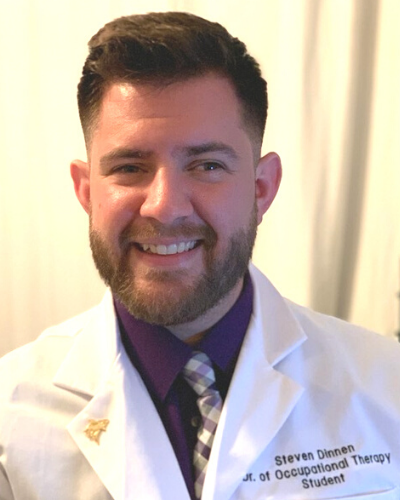
Steven Dinnen, OTD-S, Guest Writer
My name is Steven Dinnen. I am a first-year occupational therapy doctorate (OTD) student at Nova Southeastern University (NSU). I am interested in neurorehabilitation with a focus on Traumatic brain injuries and strokes. I have my undergraduate degree in Exercise Science from the University of South Florida (USF), and I am an American Council of Sports Medicine (ACSM) certified exercise physiologist.
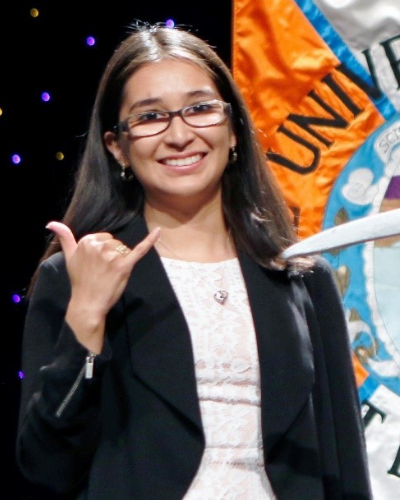 Daisy Alvarado, OTD-S, Guest Writer Daisy Alvarado, OTD-S, Guest Writer Hello, my name is Daisy Alvarado! I am a second-year Doctor of Occupational Therapy Student at Nova Southeastern and a graduate of the University of Texas at El Paso with a B.S. in Biological Sciences and minor in Biomedical Engineering. My love for the OT profession comes from the integration of science and art that focuses on empowering each individual in a holistic and personalized way. OT has challenged me to view science and healthcare from different perspectives, and I believe OT has the tools to revitalize the healthcare field for the future.
Le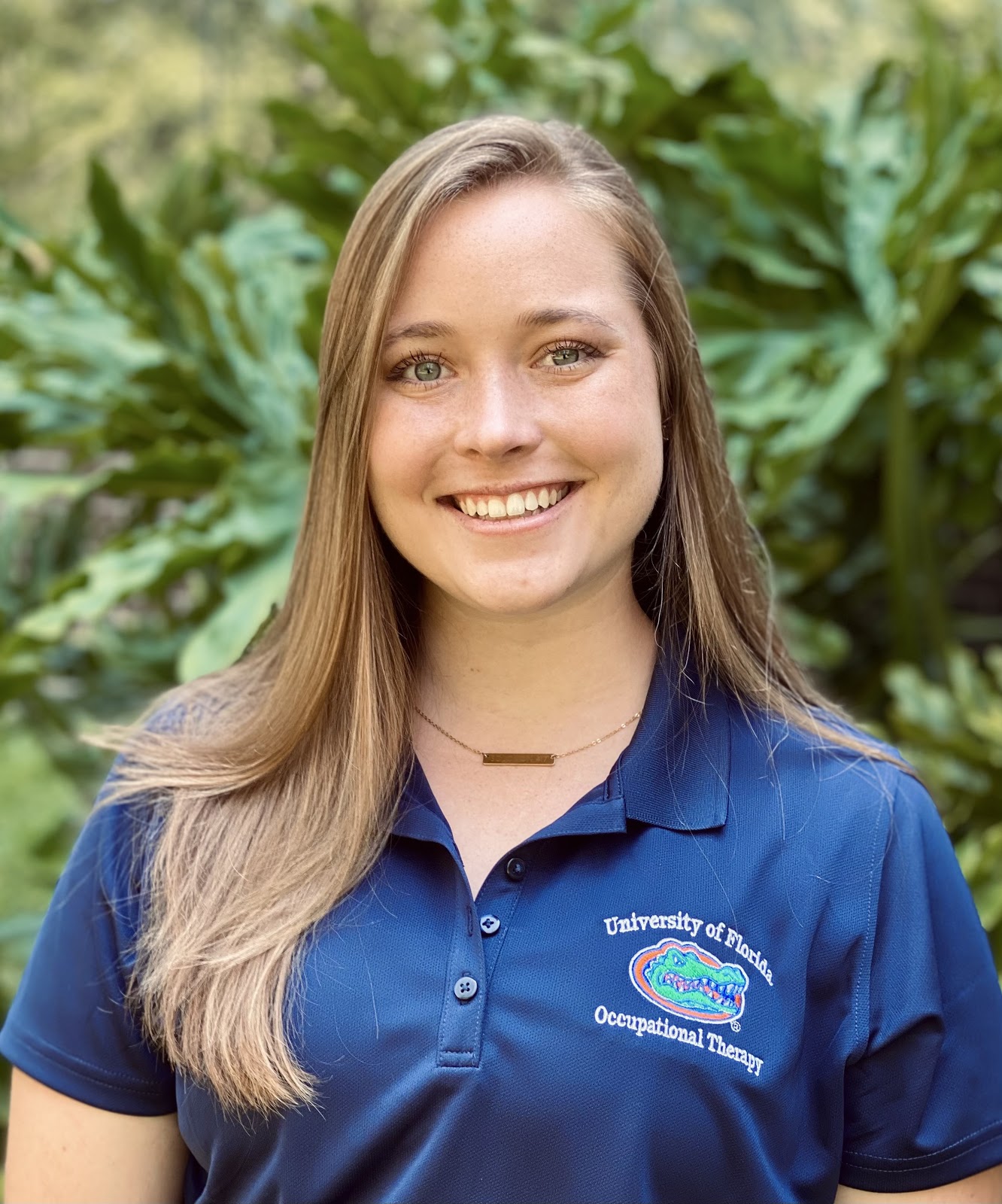 ah Knight, MS, CHES, OTD-S, Guest Writer ah Knight, MS, CHES, OTD-S, Guest Writer
Hello everyone! My name is Leah Knight and I am a first-year Doctor of Occupational Therapy Student at the University of Florida. I am a #TripleGator and have previously graduated from UF with a Bachelor’s degree in Health Science and a Master’s degree in Health Education and Behavior. I chose OT specifically as it combines my love of caring for others with the ability to educate along the way. My area of interest within OT is pediatrics, specifically pediatric early intervention and school-based therapy. Occupations I love getting to engage in during my time outside of school and work include anything that has to do with being on the water (scuba diving, fishing, snorkeling... you name it!) and listening to podcasts/reading books about true crime. I hope to be able to continue to learn and grow so that I am prepared to work in a career where I can impact the lives of those around me with absolutely no limits!
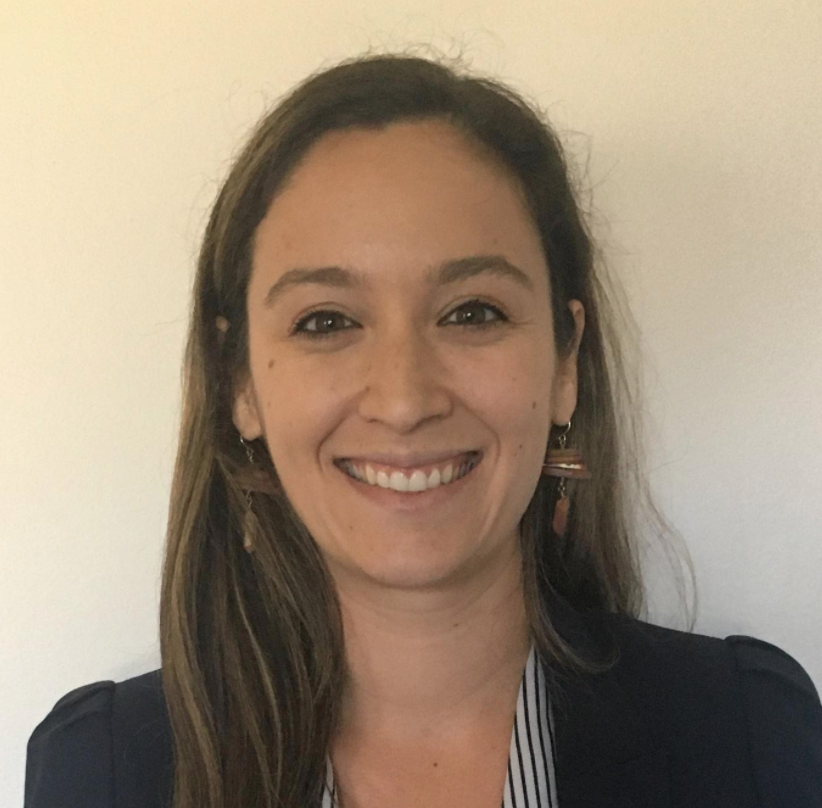 Deborah Kofsky, OTD-S, Guest Writer Deborah Kofsky, OTD-S, Guest Writer
Hello! My name is Deborah Kofsky, and I am a first-year Doctor of Occupational Therapy student at Nova Southeastern University at the Tampa Bay Regional Campus. Occupational therapy is a career transition for me; I completed my Bachelor’s in Advertising at Rowan University in 2012, and since then have held roles in communications, hospitality management, and sales. When I chose to study OT, I knew I wanted to pursue a career in which I could use creativity and have a positive impact. I fell in love with occupational therapy during my observations; being so early in my studies, I am not yet sure which practice area I want to pursue. My goal on this platform is to foster communication among students in various programs across the state to strengthen the Florida OT community. I can be reached at [email protected] for opportunities to connect and collaborate.
|
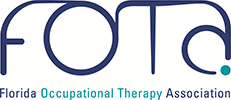











 Jasmine Lake, OT/S, Student Resource Editor
Jasmine Lake, OT/S, Student Resource Editor 
 Daisy Alvarado, OTD-S, Guest Writer
Daisy Alvarado, OTD-S, Guest Writer  ah Knight, MS, CHES, OTD-S, Guest Writer
ah Knight, MS, CHES, OTD-S, Guest Writer Deborah Kofsky, OTD-S, Guest Writer
Deborah Kofsky, OTD-S, Guest Writer